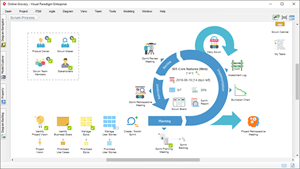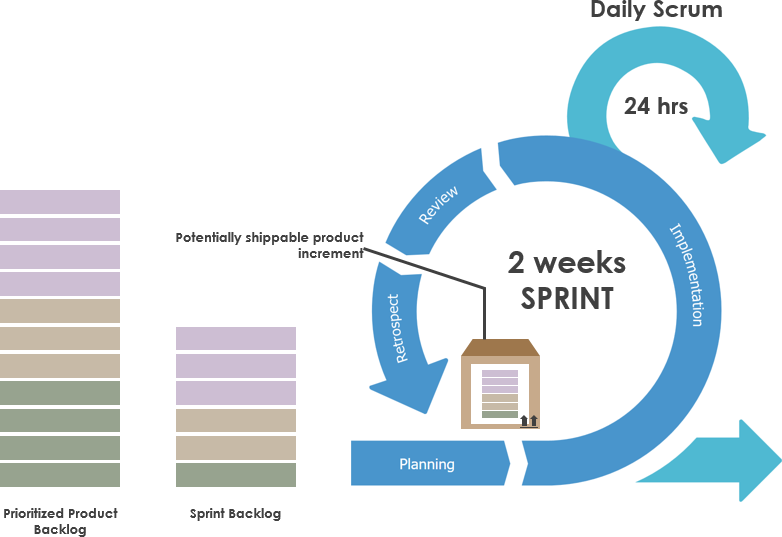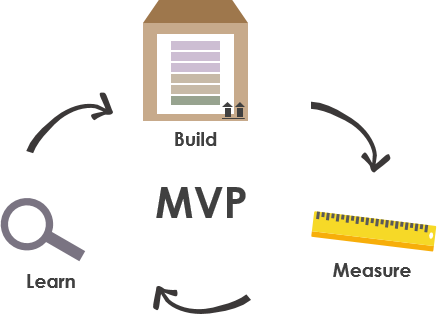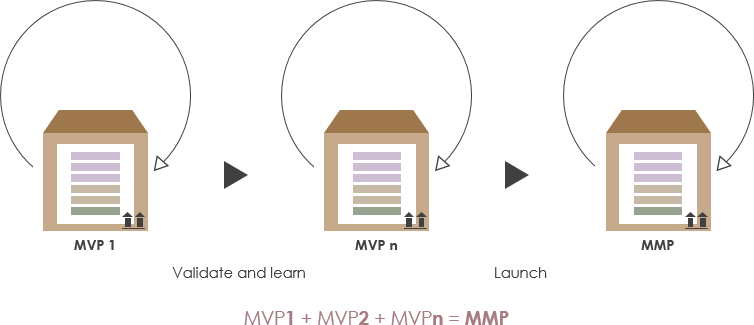According to the Scrum Guide:
“Scrum requires teams to build an increment of functionality during every sprint, and the increment must be potentially shippable because the Product Owner might decide to release it at the end of the sprint.”

Best Scrum Software Every Project Needs
A powerful scrum software that supports scrum project management. It features scrum tools like user story map, product backlog management, sprint backlog management, task management, daily scrum meeting, sprint planning tool, sprint review tool, sprint retrospective tool, burndown, impediment, stakeholder and team management.
The product increment is the sum of all backlog items completed during the current sprint
Potentially shippable is defined by a state of confidence or readiness for shipping of the “product increment”.
Shipping may or may not occur at the end of the sprint (new functionality may be accumulated via multiple sprints before being shipped) and it is just a business decision.

The term “minimum viable product” was coined and defined by Frank Robinson about 2001, and popularized by Steve Blank and Eric Ries. A new product is a product with just enough features to satisfy early users. The final, complete set of features is only designed and developed after considering feedback from the product’s initial users. Gathering insights from an MVP is often less expensive than developing a product with more features, which increases costs and risk if the product fails.

Many people consider the terms MMP and MMR are often used interchangeably. They often mean MVP when they say MMP. But MMP should be a product development strategy that is based on the philosophy that “less is more”.
The MMP describes the product with the smallest possible set of features that can address the user needs, creates the desired user experience, and can hence be marketed and sold successfully. The MMP is a tool to reduce time-to-market: It can be launched more quickly than a fat, feature-rich one.
As mentioned above, the whole purpose of an MVP is to validate your business idea and determine which problems need to be solved to make users willing to pay money for the product. An MMP is a combination of several improved versions of your MVP. As each enhanced version of the MVP delivered, the most efficient and compact form of a sellable product is built as illustrated in the Figure below:

| About Visual Paradigm |
 Visual Paradigm help organizations stay competitive and responsive to change faster and better in today’s fast changing environment. Our award-winning products are trusted by over 320,000 users in companies ranging from small business, consultants, to blue chip organizations, universities and government units across the globe. It enables organizations to improve business and IT agility and foster innovation through popular open standards and process frameworks.Visual Paradigm, a killer Agile feature in 2018, introduced Scrum Process Canvas for automating the way a Scrum team to create, manage and deploy software application that empowers the team to continuously improve their performance at unprecedented speed and scale. Visual Paradigm help organizations stay competitive and responsive to change faster and better in today’s fast changing environment. Our award-winning products are trusted by over 320,000 users in companies ranging from small business, consultants, to blue chip organizations, universities and government units across the globe. It enables organizations to improve business and IT agility and foster innovation through popular open standards and process frameworks.Visual Paradigm, a killer Agile feature in 2018, introduced Scrum Process Canvas for automating the way a Scrum team to create, manage and deploy software application that empowers the team to continuously improve their performance at unprecedented speed and scale.
Manage the Entire Scrum Process in One Page
|